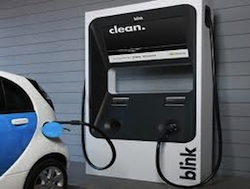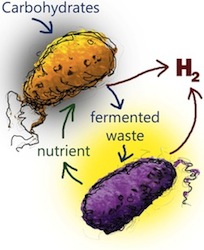A group of more than 150 members of Congress today asked the U.S. Environmental Protection agency to waive the ethanol requirements of the Renewable Fuels Standard (RFS) ethanol to help livestock and poultry producers weather the worst drought in more than 50 years.
Led by Rep. Bob Goodlatte (R-VA), the group asked EPA administrator Lisa Jackson to make a “fair and meaningful nationwide adjustment” to the RFS to “help to ease short supply concerns” due to the impact of the drought on the nation’s corn crop.
 Renewable Fuels Association President and CEO Bob Dinneen says lowering the RFS requirement “will not make it rain in Indiana or meaningfully lower corn prices” and that calls to waive any or all of the RFS are “not only premature, but void of justification.”
Renewable Fuels Association President and CEO Bob Dinneen says lowering the RFS requirement “will not make it rain in Indiana or meaningfully lower corn prices” and that calls to waive any or all of the RFS are “not only premature, but void of justification.”
Dinneen and Growth Energy CEO Tom Buis held a joint press conference at the National Press Club today to explain why waiving the RFS is not necessary. “The RFS is clearly under attack,” said Buis. “It’s really a shame that critics are trying to take the drought and blame ethanol for it.”
Buis added that no one knows at this point how much the drought will actually reduce the corn crop. “It’s analogous to a political poll, three months out before the election,” he said. “The final crop is the one that counts, just like in a political poll, the only one that counts is on election day.”
Listen to or download Buis and Dinneen here: RFA/Growth Energy at Press Club
In a statement, Brian Jennings, American Coalition for Ethanol Executive Vice President, expressed confidence that EPA understands why waiving the RFS would do more harm than good. “The bottom line is that any Member of Congress urging EPA to reduce the RFS also supports forcing consumers to pay more at the pump. Thankfully, EPA comprehends this fact and knows that reversing the RFS would not demonstrably reduce feed or food prices,” said Jennings.












